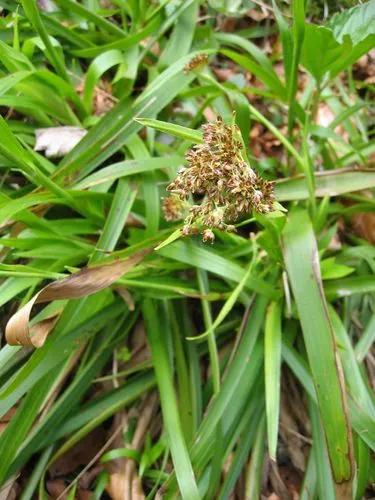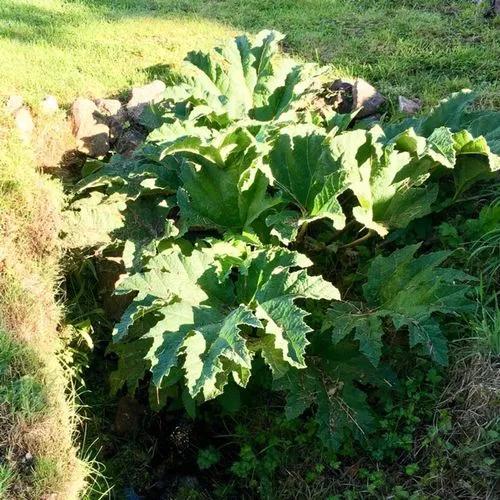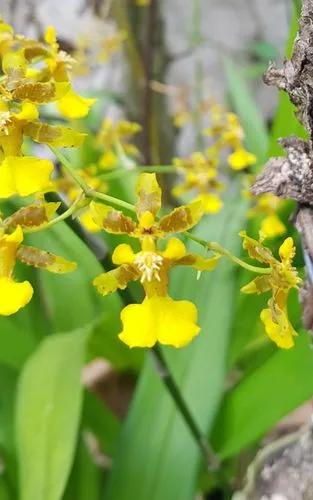Honeywort, with its leathery gray-green foliage and intriguing blue to purple bracts, is a fast-growing annual native to the Mediterranean region. This drought-tolerant plant flourishes both in the ground and in containers, which show off the semi-cascading shoots. Honeywort is also called blue shrimp plant because of the color and shape of the blooms and bracts.
Lesser Honeywort Care
Cerinthe Major 'purpurascens'



What is the plant
How to Care for the Plant

Water

Water regularly in the first weeks. Try to avoid watering on sunny afternoons to minimize the amount of moisture lost to evaporation. If your plant is in a pot, check the top soil in the pot either by looking at it or touching it with your finger. In any case, if it hasn’t rained in a month, water !

Pruning

At the end of the season, you can tear off this annual plant without any qualms: it will not grow again next year.

Sunlight

full sun
Ease your plant care routine with PlantIn's personalized system.

Soil

his herb will even flourish in rich soil with little to no maintenance

Popularity

69 people already have this plant 14 people have added this plant to their wishlists
What's wrong with your plant?
Related Plants
Discover more plants with the list below
Popular articles






